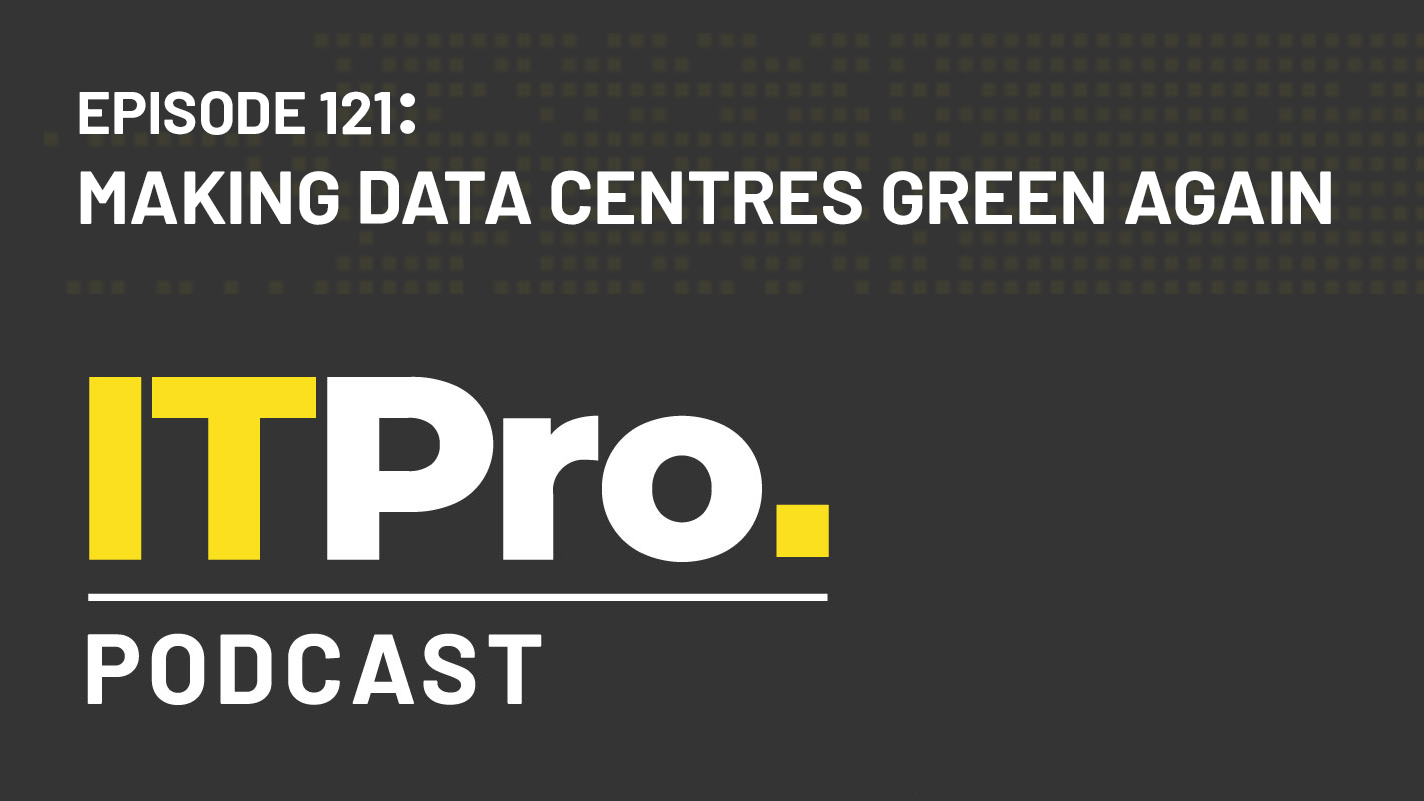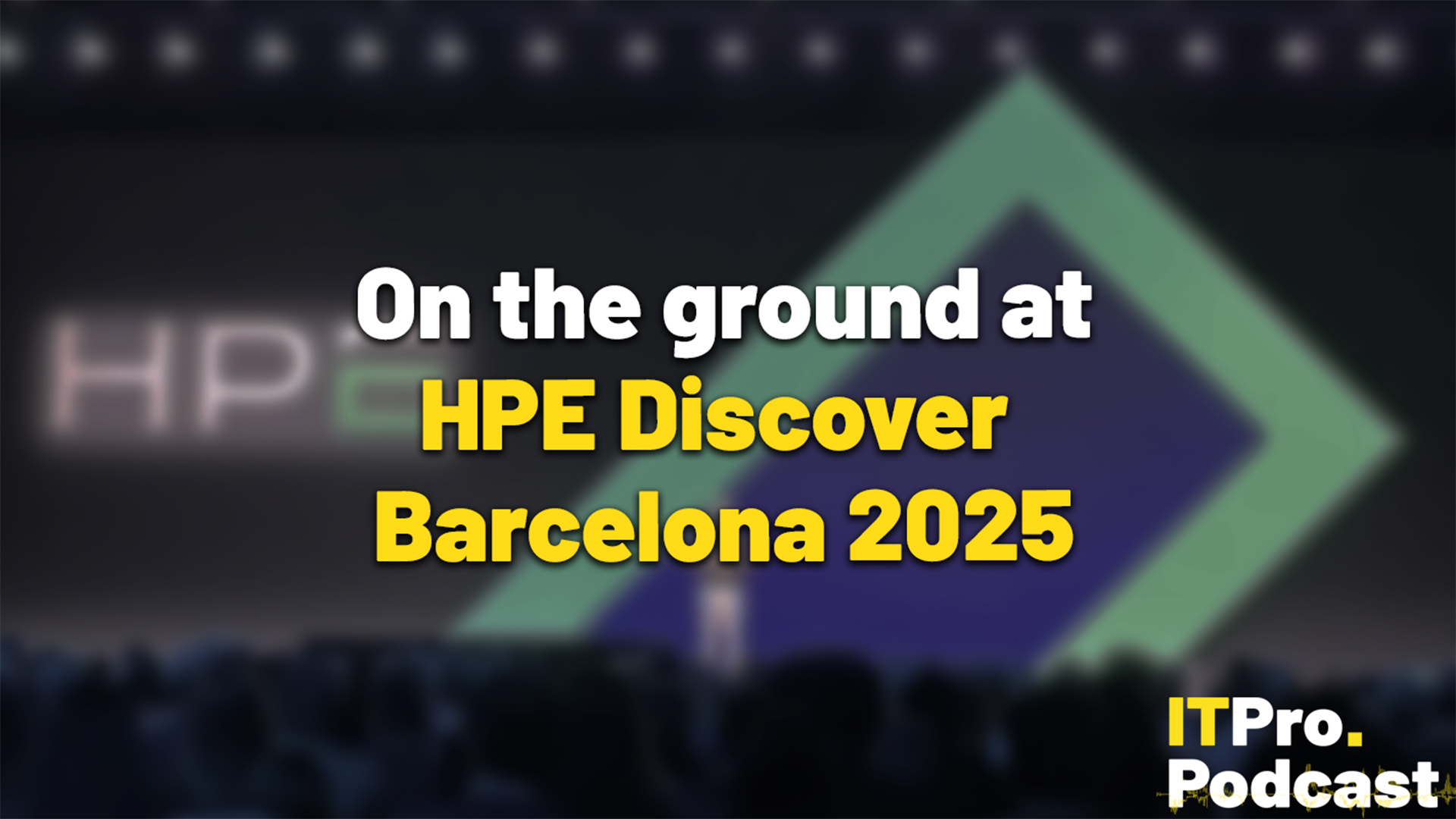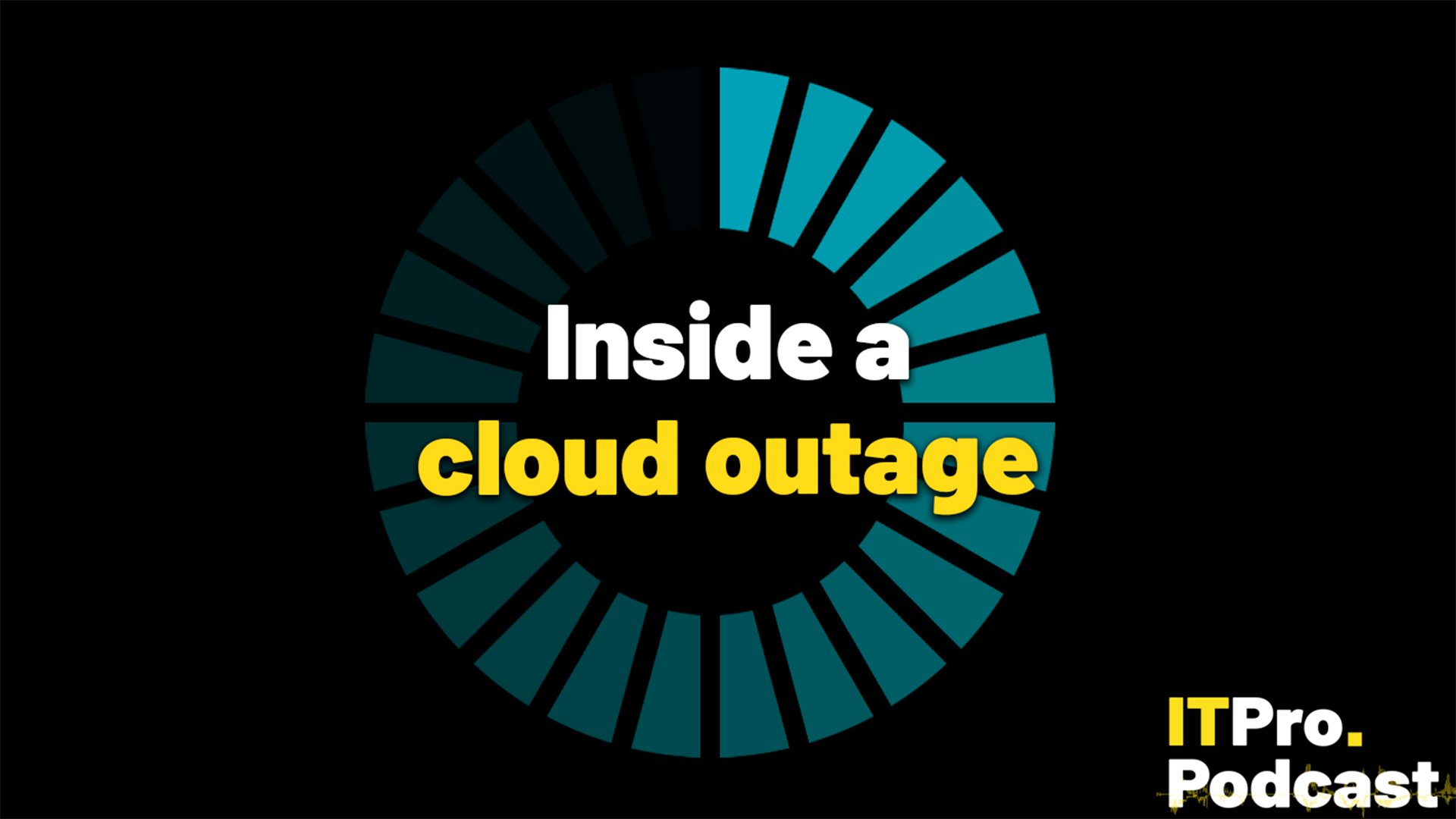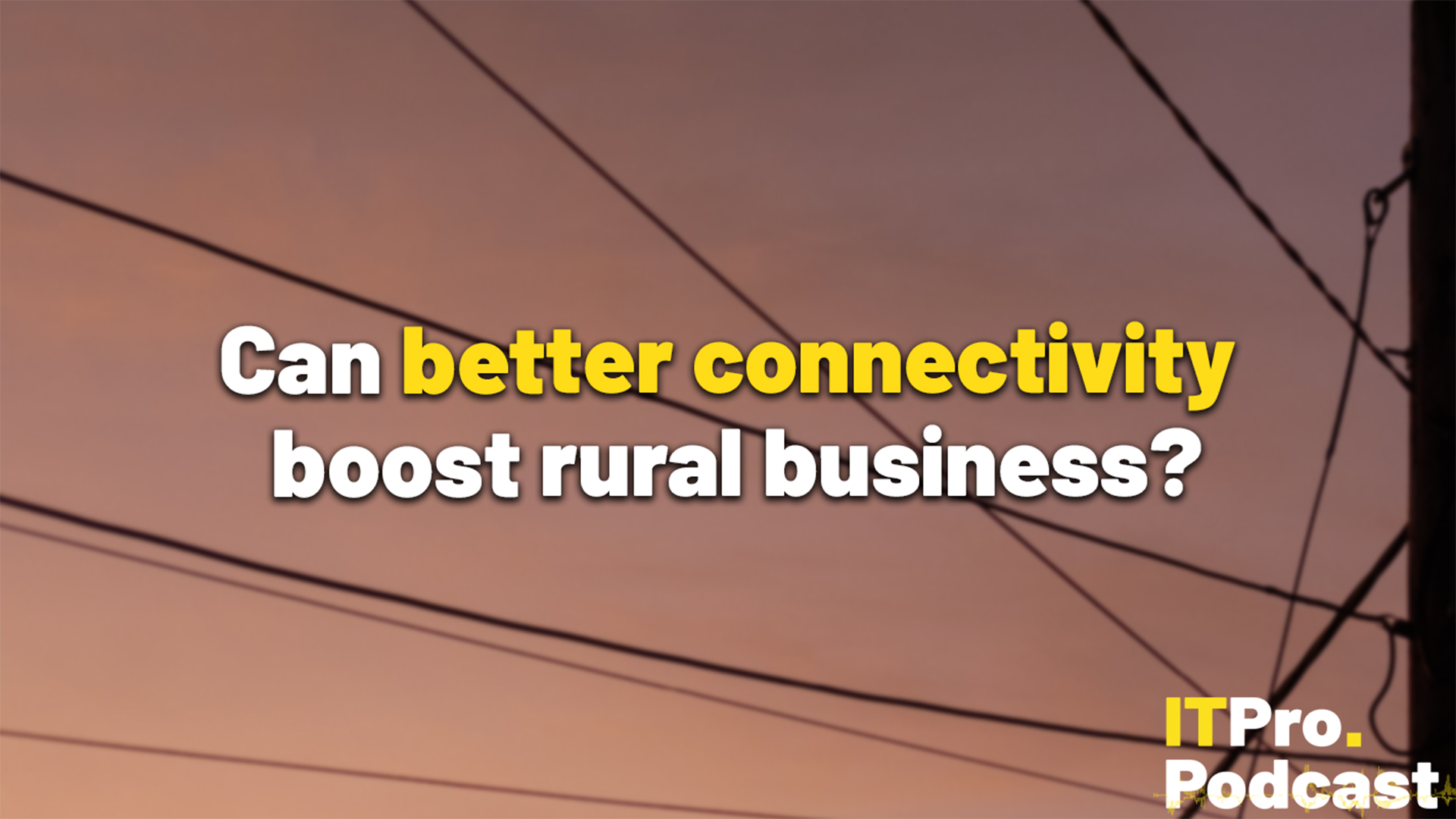
Climate change is one of the greatest threats that humanity faces, and it’s important for each of us to do what we can in fighting its impact. However, while pledging to use our cars less and turn off our appliances overnight is all very well, organisations and industries also need to enact policies to limit and manage their own carbon footprints.
One of the biggest sources of energy consumption within the modern business world is data centres, estimated to contribute as much as the global air travel industry in terms of carbon emissions. Ongoing efforts are being made to reduce the environmental impact of data centres, though, and there are a number of ways in which organisations can ensure their data centres are as green as possible.
We’re joined this week by Matt Pullen, executive vice president and managing director of data centre operator CyrusOne, to discuss some of these initiatives, as well as some top tips for reducing your data centre’s carbon footprint.
Highlights
“what we're finding is that as workloads move away from on premise data centres to big cloud data centres, those big cloud data centres are at such a scale, and they're using modern technology, whereby PUEs are falling and falling with, on average, the UK recording that big commercial data centres' PUEs probably down at 1.7.”
“The focus was on PUE, but, of course, to bring PUEs down, quite a lot of new cooling technology emerged. Indirect adiabatic cooling technology for example, which basically uses water mist to make the cooling process more efficient, and therefore bring the PUE down. Now, the problem with that is water is such a scarce commodity. And, in parallel, more standard cooling technologies have been emerging, closed-loop chilled water systems, for example, that don't result in the net use of water.”
“At the moment, what we're seeing is an aggregation of large data centres in urban and suburban areas to basically support big GDP clusters. And because of latency, they have to be there. We're also seeing very large data centres in remote locations where latency is not such an issue. As the digital world moves forward, driverless cars etc, we are going to see a need for more edge data centres - i.e. data centres closer to the action on a smaller scale. And we've just got to make sure that technology has evolved so that those small data centres are not inefficient.”
Read the full transcript here.
Sign up today and you will receive a free copy of our Future Focus 2025 report - the leading guidance on AI, cybersecurity and other IT challenges as per 700+ senior executives
Footnotes
- Microsoft is submerging servers in boiling liquid to prevent Teams outages
- Microsoft lays out water-positive plans for next decade
- Cloud computing could cut a billion tons of CO2 in four years
- UK's first green data centre for AI launches in Cornwall
- Google hands over data centre cooling controls to AI
- Schneider Electric partnership to develop liquid cooling for power-hungry data centres
- What is green cloud?
- UK’s 'green industrial revolution' to create 60,000 jobs
- Microsoft and the Linux Foundation launch green software initiative
- Smashing green tech myths
- Google publishes green energy metric for cloud customers
- Could using blockchain kill your green credentials?
- Japan pursues green data centres to achieve carbon-neutral society
- Facebook achieves its goal of 100% green energy
- How UK tech’s environmental startup scene is growing in stature
- Microsoft wins contract to build Singapore's first sovereign cloud
- Curious Noses: Fighting climate change one garden at a time
- UK tech sector urged to commit to carbon neutrality by 2050
- What is a circular economy?
- Apple and AWS unveil sustainability commitments ahead of COP26
- Salesforce to trial green AI tools to help companies fast-track their journey to net zero
Subscribe
ITPro is a global business technology website providing the latest news, analysis, and business insight for IT decision-makers. Whether it's cyber security, cloud computing, IT infrastructure, or business strategy, we aim to equip leaders with the data they need to make informed IT investments.
For regular updates delivered to your inbox and social feeds, be sure to sign up to our daily newsletter and follow on us LinkedIn and Twitter.
-
 Microsoft unveils Maia 200 accelerator, claiming better performance per dollar than Amazon and Google
Microsoft unveils Maia 200 accelerator, claiming better performance per dollar than Amazon and GoogleNews The launch of Microsoft’s second-generation silicon solidifies its mission to scale AI workloads and directly control more of its infrastructure
-
 Infosys expands Swiss footprint with new Zurich office
Infosys expands Swiss footprint with new Zurich officeNews The firm has relocated its Swiss headquarters to support partners delivering AI-led digital transformation
-
 TPUs: Google's home advantage
TPUs: Google's home advantageITPro Podcast How does TPU v7 stack up against Nvidia's latest chips – and can Google scale AI using only its own supply?
-
 On the ground at HPE Discover Barcelona 2025
On the ground at HPE Discover Barcelona 2025ITPro Podcast This is a pivotal time for HPE, as it heralds its Juniper Networks acquisition and strengthens ties with Nvidia and AMD
-
 Inside a cloud outage
Inside a cloud outageITPro Podcast Businesses must adopt proactive planning for cloud outages – but what does that look like?
-
 October rundown: AWS chaos and supercomputers surging
October rundown: AWS chaos and supercomputers surgingITPro Podcast As the dust settled on the AWS outage, the US Department of Energy announced a slew of new supercomputers for national security
-
 Is all-photonics the future of networking?
Is all-photonics the future of networking?ITPro Podcast Using light to transmit data rather than relying on electronic components could slash latency
-
 Future-proofing AI infrastructure
Future-proofing AI infrastructureSponsored Podcast Constructing the future of the tech sector can only be done with a strategic approach and access to the best tools
-
 Can better connectivity boost rural business?
Can better connectivity boost rural business?Podcast Rural businesses are still offered speeds far below the UK government’s gigabit target
-
 The dark side of Irish data centers
The dark side of Irish data centersITPro Podcast As Ireland grapples with data center energy demands, we ask if software developers can really benefit from virtual reality

